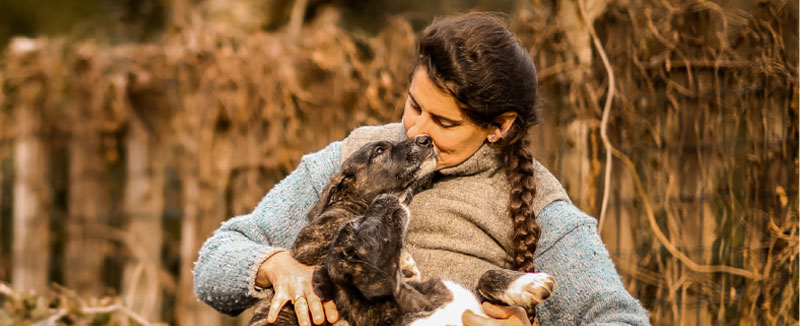
RESPONSIBLE BREEDING
What does responsible breading mean?
Responsible breeding is the long-term commitment of breeding pedigree dogs with the aim of preserving, promoting, and improving the breed. It involves understanding genetics, demands careful planning of selection, and always keeps the welfare of the dogs in focus to produce healthy, temperamentally sound, happy, well-adjusted, and socialised puppies.
It is crucial to distinguish responsible breeding where breeders care about their animal’s welfare from breeding for profit and commerce where there may be little or no care. In simplest terms, breeding is a labour of love!
WHAT IS THE ILLEGAL PUPPY TRADE?
The illegal puppy trade is the opposite of responsible breeding. It involves the unethical trading of puppies as commercial goods, treated, and sold as such and not as sentient beings. These puppies are mass produced with the intention of being sold commercially, born either on puppy farms or supplied through a network of unscrupulous breeders. They are bred in poor and inhumane conditions that break animal welfare laws and welfare standards. Puppies are raised with total disregard for their health or mental wellbeing to keep costs low and to maximise profits.
The puppies are usually put under a lot of physical and mental stress and anguish. They are separated too young from their mothers and then transported illegally in vans or cars, suffering cramped poor conditions without food or water, as they are transported vast distances, often crossing international borders. They are handed around until they reach their final point of sale. As a consequence of this horrific treatment, many of these puppies die during transit.
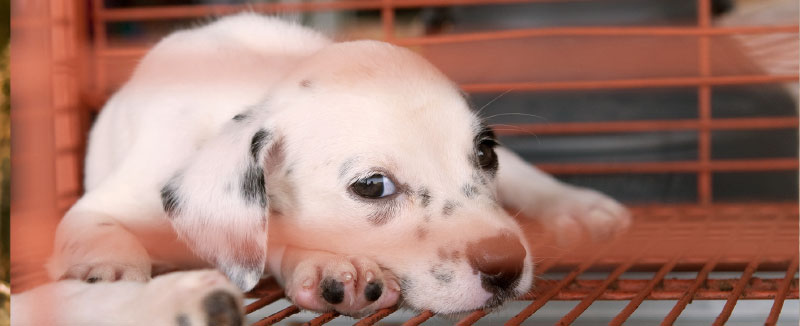
WHAT IS THE ILLEGAL PUPPY TRADE?
A puppy farm is a facility where multiple popular dog breeds are kept in large numbers under shocking, inhumane living conditions and are continually bred without rest. They are almost always in poor health due to total disregard for their proper welfare or care. Puppy farms produce unhealthy and poorly socialised puppies for sale to the mass market cheaply. The breeding dogs are bred until they are no longer of use and then disposed of. The unscrupulous “breeders” do not have a love or passion for dogs but are 100% profit-driven, as this is a business venture to maximise profit and minimise expenses.
With profit being the driving factor, the dogs used for breeding are not properly fed or looked after. Bad breeding practices and the lack of professional selection results in producing sick and unhealthy puppies with several genetic and health issues. Separated very young from their mothers, the puppies are deprived of proper human and canine socialisation, which can lead to various and serious behavioural and temperament issues in the future.
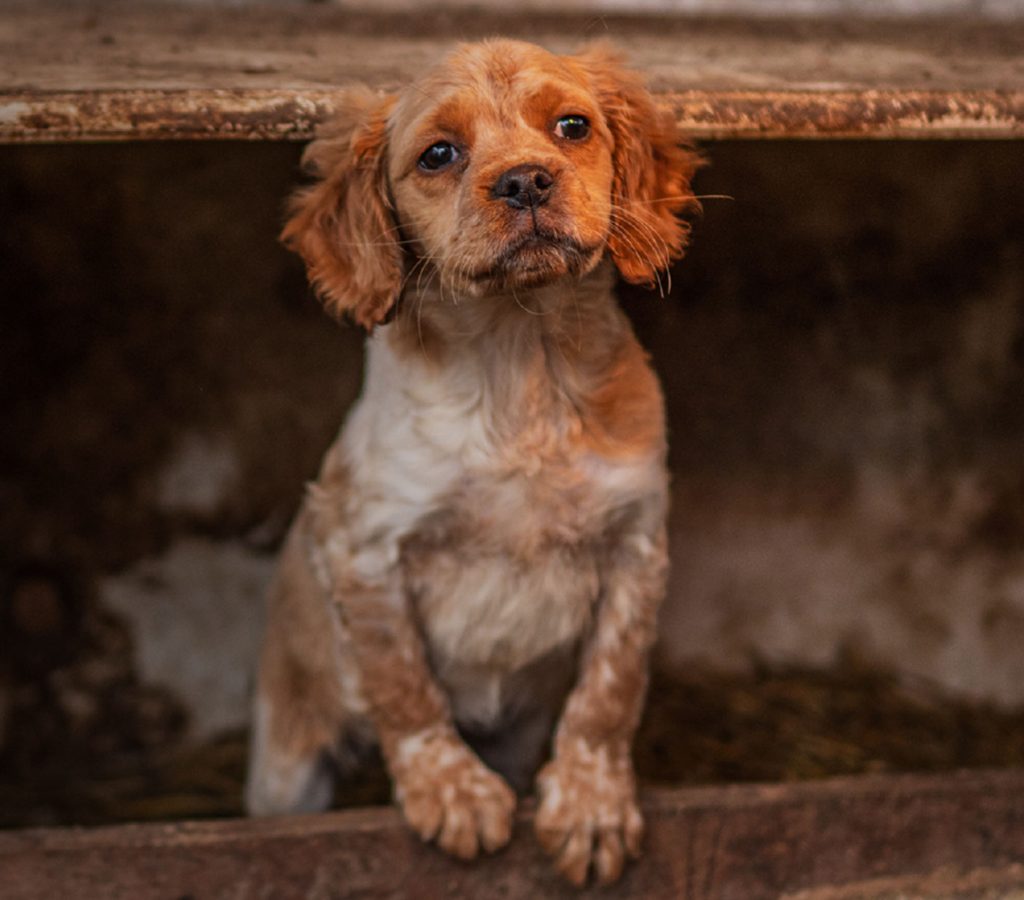
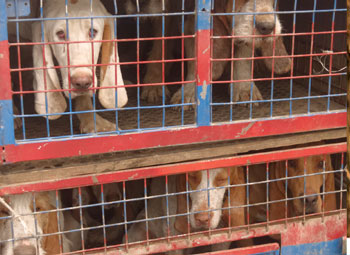
As the puppies grow, these problems may easily lead to them being abandoned or relinquished to a shelter. Furthermore, many are not properly vet checked or vaccinated and may carry diseases that affect other animals and posing potential risks even to humans. For example, rabies is still present in many parts of the world, coupled with other diseases such as echinococcosis, Toxoplasma gondii, Giardia and Leishmania. Certain forms of Leishmania are fatal to humans if untreated.
THE ONLINE PET TRADE
The increasing popularity of shopping online has led to people buying pets on the Internet, as it is quick and easy. Some sellers even offer delivery. The illegal puppy trade and puppy dealers have also switched from traditional selling to online classified ads and social media sites as an easy way to maintain anonymity and avoid responsibility to provide healthy and sound puppies.
Puppy dealers are third party intermediaries who buy and sell on puppies, often pretending to be the breeder. They provide false information and deceive new owners as to the true origin of the puppy. They resort to all sorts of deceptive tactics and use every sales gimmick to ensure a quick and easy sale before too many questions are asked, and their true intentions revealed.
A large proportion of puppies sold online are from puppy farms and the Illegal puppy trade and therefore may have health and socialisation issues.
The purchase of a puppy online, without any proper research, only encourages and enables the illegal puppy trade, continuing the culture of cruelty and abuse to dogs and puppies, who are treated as commercial goods.
Puppy dealers make huge profits and know that the chances of prosecution are low. Many opportunists also use the Internet for false sales. They get potential buyers to part with deposits that never ultimately lead to the sale of a puppy, and they just disappear after the transaction. A responsible breeder may require a small deposit, but it will come with a guarantee of a full refund if the puppy is not purchased. Signed paperwork ensures the legality of a deposit.
Responsible breeders will insist on going through the regular motions of vetting potential new owners. The welfare and long-term wellbeing of the puppy is their primary goal, and they want to ensure that the puppy will be cared for properly.
With the illegal puppy trade in Europe alone worth 1.5 billion Euros per year, involving an excess of 2.4 million dogs traded in terrible conditions, some countries and governments are recognising this and putting in place legislation to help address the illegal puppy trade. Conscious and responsible dog purchasing habits play a crucial role in fighting the illegal puppy trade.
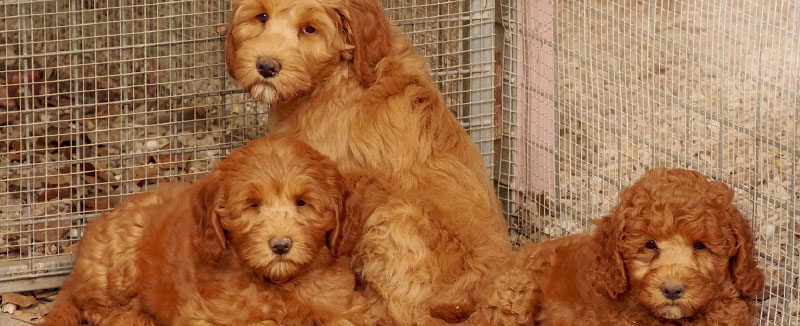
HOW TO DISTINGUISH BETWEEN A RESPONSIBLE BREEDER AND AN UNSCRUPULOUS BREEDER /PUPPY DEALER
It is essential to distinguish between two types of breeders: Responsible Breeders and Unscrupulous Breeders. Responsible Breeders are the type of breeders you should be looking for in your quest to buy a puppy. Their reason for breeding a litter of puppies is motivated by the improvement, preservation, and promotion of a breed. Unscrupulous breeders only see breeding as a source of income. Due to the pure financial motivation, they ignore the needs of dogs which leads to several welfare and behavioural issues in the future. That is not to say that Responsible Breeders do not charge for their puppies to cover the costs of raising a litter, but it is not solely for profit or to make a living.
A Responsible Breeder does not just want to sell a puppy but also wants to make sure the future welfare of dogs coming from their kennel is guaranteed. They want to make sure that they go to loving homes where the new owners are aware of and understand the unique features, temperament, and nature of that breed. Besides love, new owners should be able to provide a suitable environment for the puppies to grow up and live in. This often means Responsible Breeders will vet prospective new owners and may have a longer list of questions for them than they have for the breeder. It also usually means that the new owner may have to wait for a puppy, as a Responsible Breeder tends to breed a limited number of litters in a year. A Responsible Breeder will also have in-depth knowledge of the breed and will be happy to answer any questions and help provide the new owner with resources in their research for the breed.
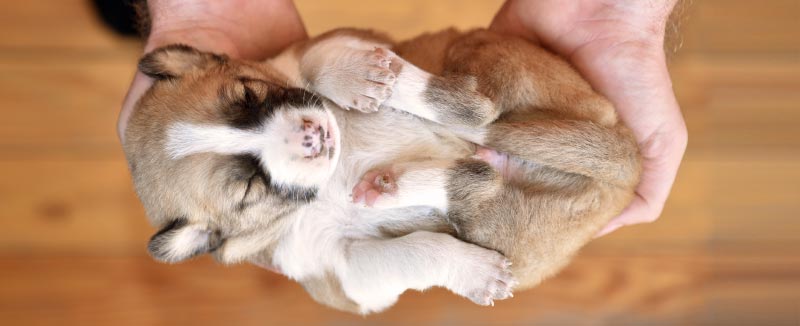
Responsible Breeders will encourage the new owner to meet the puppies together with their mother and possibly with the other dogs in the household.
This situation is perfect for observing the interaction of the puppies and gives an idea of what a full-grown adult dog looks like, behaves like and the care that will be required for a decade or more. The new owner will also have an idea of the environment in which the puppy was brought up in and the health status of the mother dog.
Responsible Breeders will provide new owners with information about the characteristics and the unique needs of the breed. They will also give advice about how to take care of the puppy, providing information on nutrition, a vaccination card, microchip details, health test results (where relevant), a pedigree certificate (where relevant) and will be open to give the new owner further support if it is needed for the lifetime of the puppy. A Responsible Breeder will NEVER sell a dog online without having met the new owner in person to ensure they will provide a suitable home for the puppy.
Responsible Breeders will also have contracts of sale. They will clearly instruct and insist that if the new owner is unable to take care of the puppy anymore for whatever reason, the breeder will take the puppy back, either to keep the puppy or to rehome the puppy.
Furthermore, Responsible Breeders will conduct available genetic or other health tests and regular veterinarian checks on the parents of the puppies to ensure that any potential genetic diseases or conditions will not be passed on. In the case of breeders affiliated to national canine organisations, such health tests and screenings are a regulated requirement by the breed club or the national canine organisation. They will be able to provide certain health guarantees depending on the nature of the potential illness or disease. They will also want to be informed if the puppy ever suffers from any illness or unwanted health condition. It is vital to understand that dog health is a complex topic and having health screenings done is just one part of the story. Besides the steps taken by a Responsible Breeder, the new owner will also need to ensure the correct care of the puppy to keep them healthy.
Breeders affiliated to national canine organisations only sell puppies with certified pedigrees. A certified pedigree is the dog’s birth certificate. Dogs with a certified pedigree are identifiable as they are either microchipped or tattooed. Besides the information it gives on the dog, it also shows the ancestries. Most importantly, it certifies the dog is purebred. A certified pedigree is proof of the generations of work that responsible breeders put into preserving the breed. Based on its nature, any health or genetic test they have carried out will also be listed on the certified pedigree of the puppies. The pedigree may also help to prove the ownership of a dog depending on a country’s national legislation and could be used to track a dog or provide proof of ownership in a legal case.
Below is a checklist to help new owners differentiate between responsible and unscrupulous breeders/puppy dealers.
Responsible Breeders
They are usually dedicated to one or a very limited number of breeds only.
They are driven by passion and love for their breed.
They have been involved in their breed for a long time aand can give you detailed information about the breed.
Responsible breeders will carefully select and screen their dogs for breeding. They will carry out appropriate health and genetic testing of their dogs for breeding and will show you proof of such tests.
They will ask questions to make sure you are a suitable owner for one of their puppies, asking several questions to ensure you understand the breed and the responsibilities involved.
They will usually have a waiting list for their puppies, and they are able to direct you to another breeder if they think the wait may be too long.
They will insist that the puppy is collected from their home where the new owner can meet the puppy’s mother and all the puppies from the litter.
They will never part with a puppy until they are at least 8 weeks old, microchipped (or identified otherwise) and had their first vaccination.
They will insist on a Puppy Contract to ensure the welfare of the puppy.
They will always take back the puppy and insist that the puppy is returned to them if anything does not work out.
They will provide a Breed Info sheet, nutrition information, vaccination card, microchip details, pedigree certificate (if relevant) and will always be there to answer any queries about the puppy.
Unscrupulous Breeders/Puppy Dealers
They usually offer several breeds available for purchase.
They are driven by profit as they make their living by selling puppies.
They will only give very general information and are only interested in closing the sale.
Their dogs have never been assessed by anyone as suitable for breeding and they have no real concept or selection criteria when planning mating.
They will not ask you any questions regarding your suitability but be keen to close the sale.
They will have a plentiful supply of puppies for sale, and if they don’t have your required breed, they may try to convince you to purchase another breed that they have ready for sale.
They will rarely ever show you the parents of the puppy or the environment the puppies were brought up in and may offer to deliver the puppy or meet you somewhere for handover.
They may be selling puppies at a very young age who are not vaccinated or microchipped. Vaccination and microchipping means decreased profits.
They will not provide a contract of sale and may not even be happy to provide you with a receipt because it provides proof that they have sold you the puppy
They are not interested in taking the puppy back but will blame you for things not working out.
They may not provide you with any information or they may tell you to Google feeding information and advice. If they provide you with a pet passport then ensure to check all the details as it may indicate that the puppy has been imported.
WHAT TO CONSIDER BEFORE BUYING A PUPPY
Before even doing any research into getting a puppy, the first and most important part is to ensure that you are suited and ready to own a dog!
To help with this, below are things you need to consider if you are thinking about having a puppy:
Are you suited to owning a dog?
Owning a dog means you now have a living creature reliant on you to care for it, at least for the next 10 to 15 years! If you have a busy lifestyle, be prepared to make some serious time adjustments to ensure your dog is cared for properly. For example, you need to spend time daily taking your dog for a walk, feeding, grooming/brushing, and most importantly, playing and spending quality time with your dog. Feeding and regularly letting your dog out into the garden is not only all that is required. That’s the bare minimum. So, if you cannot give them the time, love, and affection they deserve, please do not get a dog!
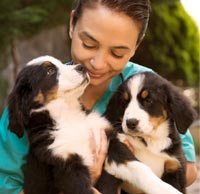
Is your entire household agreeable to this new family member?
A howling puppy in the middle of the night for the first week. Chewing of your shoes and dog hair on the furniture. A puppy peeing in the house until toilet trained. If you live with a family, it would be a wise decision to ensure that everyone is agreeable with the idea of a puppy joining your family. There is nothing worse than a hostile family member who doesn’t want a puppy. The stress caused will not be worth it. The introduction of a new puppy needs everyone’s agreement.
Most importantly, please don’t get a puppy to teach your children responsibility. If that is your motivation, be sure it seldom works out, and you will become the primary carer of the puppy even if this was not the intention.
Is your entire household agreeable to this new family member?
A howling puppy in the middle of the night for the first week. Chewing of your shoes and dog hair on the furniture. A puppy peeing in the house until toilet trained. If you live with a family, it would be a wise decision to ensure that everyone is agreeable with the idea of a puppy joining your family. There is nothing worse than a hostile family member who doesn’t want a puppy. The stress caused will not be worth it. The introduction of a new puppy needs everyone’s agreement.
Most importantly, please don’t get a puppy to teach your children responsibility. If that is your motivation, be sure it seldom works out, and you will become the primary carer of the puppy even if this was not the intention.
Do you know the local authority/town council rules about dog ownership? Can you meet the requirements?
Check the rules of your local authority/town council about dog ownership to see if you can meet them. Some even have breed-specific legislation that bans the ownership of certain breeds, or they have in place rules which means that dogs are not allowed to go off leash or they must have a head collar or a muzzle when out in public.
If you live in an apartment, does the management allow dogs?
If you live in a flat/apartment, be aware that some buildings/landlords do not allow pets, so it is worth checking with your management the rules about dog ownership. Unfortunately, many people get a puppy before they have checked this and then go through the heartbreak of returning the puppy. This is not fair on both you and the puppy.
Can you really afford a dog?
Having a puppy costs not just the price of the purchase but much more. Maintaining the health and welfare of a puppy as it grows and for its entire life is a factor few people consider. In the case of a dog, it may mean 10-15 years. During this time, you will need to provide good quality dog food, vet visits, vaccinations, visits to a groomer, treats, toys and supplements, as well as pay out for a dog sitter or boarding kennels when you go on holiday.
These are just the basics that already amounts to a considerable sum over the lifetime of your dog. What if your dog falls ill or suffers an accident? Veterinary treatment or surgery costs can cost more than your own medical bills. Better to be prepared for a worst-case scenario than not be able to provide the best care for your dog in an emergency. And all this does not take into account damage caused to your personal things by a bored puppy!
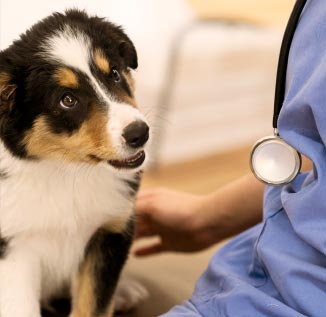
Have you done your research on what breed of dog suits your family’s lifestyle and living space?
Statistics indicate that 92% of dogs that need to be rehomed are due to breed incompatibility or suitability. Rescue centres and shelters are full of dogs that people bought on impulse and did not do enough research, if any research. Dogs come in all shapes and sizes and with different breed characteristics. The FCI recognises over 350 dog breeds.
The most important thing when choosing a dog is to look sensibly at your lifestyle and decide which breed fits best. People never consider what the traits and characteristics of the breed are before buying. For example, it is not wise to buy a husky puppy if you live in a flat and have an inactive lifestyle. This is a dog that needs lots of space and exercise. Impulse buying and lack of proper research into the breed is always the issue. PLEASE research the breed to find out if it suits your lifestyle and living space before being caught up by the latest fashion trend or cuteness factor. Start your research with the problems of the breed, as this will immediately give you an indication if you can cope or not.
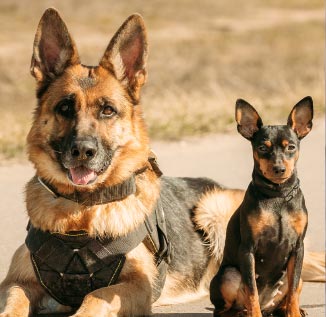
Having decided on your breed, have you found a responsible local breeder?
If you are new to a breed, the best guidance you can get is from someone already owning this breed. The Internet is a great resource, but experience is more important. Buying your puppy from a reputable breeder who has dedicated their love and affection to a breed is the best start you can get. Not only do you have someone to turn to for advice, but you will be able to see the breeder’s dogs and what an adult dog of your chosen breed looks and acts like. A responsible breeder will also be dedicated and committed to breeding healthy and sound puppies, as their motives are not for profit but for the love of that breed. Finding a responsible breeder makes all the difference between a great start and a stressful one!
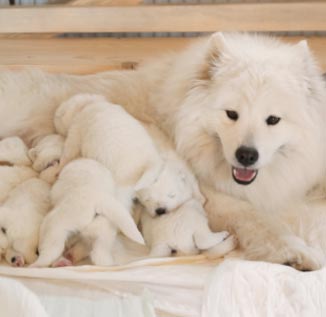
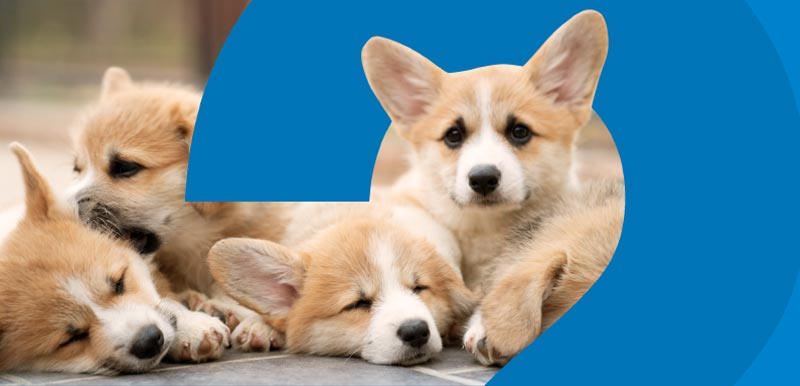
QUESTIONS TO ASK A BREEDER
One of the critical factors in getting a puppy is the source. Where a puppy comes from determines welfare and health in a complex way.
You do not want to buy from a puppy dealer who is part of the illegal dog trade or get a puppy from a puppy farm where cruel methods are employed to produce puppies. Both these sources cut corners to minimise costs and maximise profits which may lead to the puppies having health and behavioural issues. Never buy from an intermediary and be very cautious if you search for a puppy online. Always make sure you buy direct from the breeder but remember that there are responsible breeders, and there are unscrupulous breeders.
The importance of finding a responsible breeder is key in acquiring a healthy, well-adjusted puppy who has been given the best start in life and has been bred for all the right reasons, which are not about profit. But how do you find a responsible breeder?
It is a good starting point to contact the local national canine organisation or national breed club in your country. This will help ensure that the breeders you will talk to have a genuine passion for their breed and are not commercial breeders. Go to a dog show or dog training class to meet breeders. Get as much information as you can to answer all your queries. Do not be afraid to speak to several breeders. Be wary of anyone who tries to push a sale immediately or requires a deposit before having more in-depth conversations with you. Warning signals should go off at this stage.
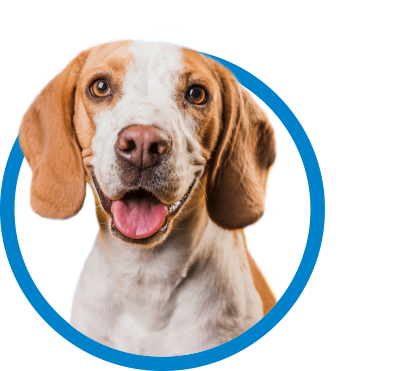
- How long have they been working with this breed? What got them involved in the breed?
- Why this breed of dog? What makes it unique? What is the breed’s good and bad points?
- Do they have an information sheet on the breed, or what books or trustworthy websites could they recommend to find out more about the breed? What about a puppy care sheet or information?
- Are they able to provide references about themselves as a breeder or their dogs?
- If relevant to the breed, what health or genetic tests have the parents undergone? Will they be able to show you the certificates? What health guarantees can they provide for the puppy? What is the return policy should something go wrong?
- When can you visit their home to see the parents and the puppies together?
- How many puppies were there in the litter? Will you be able to see all the puppies?
- At what age can they pick the puppy up (this should not be before 8 weeks old)? How many vaccinations will the puppy have at the time of collection, and what about deworming? Will the puppy be microchipped (this is now a legal requirement in many countries)?
- Is there a contract of sale? Are there any requirements mentioned that you need to know about, e.g., will the pup be required to be neutered and will they take the puppy back if the new owner is unable to care for them?
- What sort of socialisation regime has the breeder done? How should you maintain the socialisation process if you get the puppy? When and what type of basic training classes do they recommend you attend with your puppy?
- Does the puppy come with a certified pedigree from an FCI recognised national canine organisation ? It is highly recommended that you buy a puppy with a Pedigree Certificate, as you then have proof of the puppy’s origins. Some breeders will tell you and even show you that the parents are registered, but they do not plan to register the puppies. Responsible breeders will register all their puppies to ensure that the lineage remains accountable. The pedigree certificate is the proof of authenticity of the generations the breeders proudly stand by. Find out if there are any requirements or restrictions placed on the Pedigree Certificate of the puppy.
WHAT TO LOOK FOR WHEN VISITING A BREEDER TO SEE A PUPPY
Before even doing any research into getting a puppy, the first and most important part is to ensure that you are suited and ready to own a dog!
To help with this, below are things you need to consider if you are thinking about having a puppy:
The premises where the pups live
Go to visit the pups at the breeder’s home, to see them in their home environment. Does the premises look respectable and clean? Ask if this is the location where the puppies were born.
Where are the puppies kept, outdoors or in the house? It does not mean that puppies kept in kennels will have issues, but if they are kept outdoors, are the kennels appropriate and clean? Do the puppies appear to be well socialised?
Ask where the puppy usually sleeps – in a crate, in a dog bed and the type of bedding used.
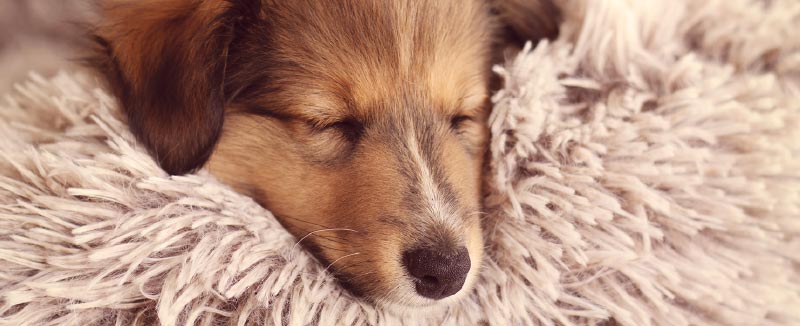
The premises where the pups live
- Do you notice several other litters of puppies of the same or different breeds around? This again is another indication of possible puppy farming/dealing.
- Does the breeder appear genuinely concerned about the puppies and can they tell you each puppy’s individual characteristics and name?
- Do you feel that you are being pushed into making a quick decision?
The mother and father
- Is the mother there with the whole litter? Always insist on seeing the puppies with their mother. A mum should be there interacting with her puppies, so be aware of any stories about the mum being at the vet’s, on a walk or at a friend’s house, as it could indicate that the puppies have been bred on a puppy farm and the seller is a puppy dealer.
- If possible, ask to see the father of the puppies too. If not there, ask to see a photo of the father, as well as details of this dog. If the father is not present, that is normal and general. Breeders often choose another dog from another kennel for mating for various professional reasons.
- If the breeders have informed you that the parents of the puppies were health tested (in the case of breeds that have specific health tests), ask for copies of the results if such information is not already included in the certified pedigree. The breeder will be able to explain the various abbreviations and annotations to explain the various health tests undertaken if applicable
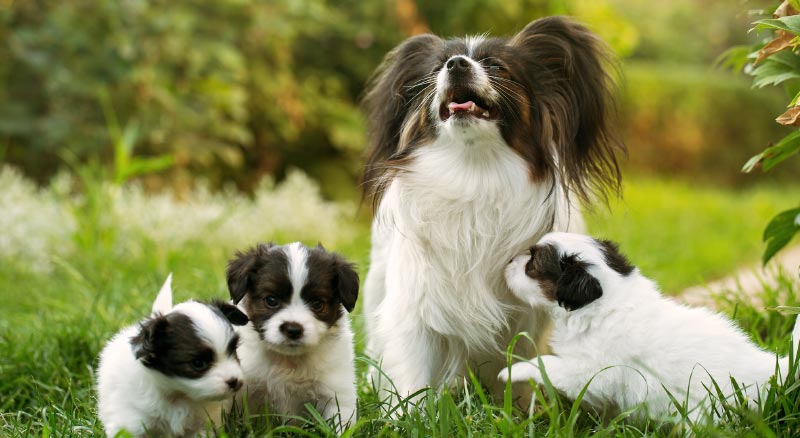
The puppies
- Do the puppies look clean, healthy, and bright? Do they behave balanced and lively? Are they showing that natural puppy curiosity? Be cautious of symptoms like runny eyes or noses, dull, matted, or patchy coats or even signs of diarrhoea, weakness or wobbliness or a puppy that sits in the corner looking lethargic.
- How are the puppies interacting with each other? What about with their mum?
- Have the puppies got plenty of toys and things to play with?
- Are the puppies nervous or scared when you carefully approach them? Does it appear there are people around to regularly interact with the puppies?
- Ensure that the puppy—depending on its age—has at least had its first vaccination and deworming treatment. Ask to see the vaccination card to check that the details and dates are correct, including details of the vet who has vaccinated the puppy. If the puppy is microchipped, then ensure the microchip number on the vaccination card matches the microchip implanted inside the puppy.
- Ensure to ask for a care guide (preferably in advance) to know how to care for your puppy, such as the type of food the puppy needs and how regularly the puppy needs feeding.
- If the breeder provides you with a pet passport it may indicate that your puppy has been imported. Carefully check all the details such as the origin and ownership details of the puppy, the vaccination and vet details and ensure the microchip details match. If you believe the puppy to be illegally imported (puppies can only be imported at 16 weeks of age within the EU with the correct vaccinations and documentation – refer to your government website for more details) then report it to the relevant authorities.
- If you have agreed to buy an imported puppy, ensure that the puppy has been legally imported (and not bred on a puppy farm) and that all the correct paperwork is in place (refer to your Government website for information regarding live animal import rules). If your puppy is found to be illegally imported, it may be removed by the authorities and either put in quarantine at your cost or euthanised.
General Information
- It is highly recommended that you buy a puppy with a certified pedigree. You then have proof of the puppy’s origins and assurance that the puppy has been bred according to guidelines set out by the national canine organisation or breed club. Find out if you will get the certified pedigree when picking up the puppy or if this will come later. If you get it at the time of purchase, ensure the transfer of ownership form is signed and given to you. In some countries, there is a processing time in registration.
- If you plan to show or breed the puppy, it is essential to know if the puppy is registered by an FCI recognised national canine organisation. Look for the FCI logo on the Pedigree Certificate.
- If you are in doubt about anything you are told, feel free to get clarification from the local FCI affiliated national canine organisation.
If anything, does not feel right or if you suspect you have just met a puppy farmer or puppy dealer, do not agree to purchase the puppy even if you feel sorry for it – this just fuels the illegal puppy trade and promotes puppy farms, causing even more puppies and breeding dogs to suffer. Instead, report your concerns to the appropriate authority.
WHAT IS A CERTIFIED PEDIGREE?
A Certified Pedigree is your dog’s birth certificate containing the family tree showing the dogs ancestors. Most importantly, it certifies your dog is purebred.
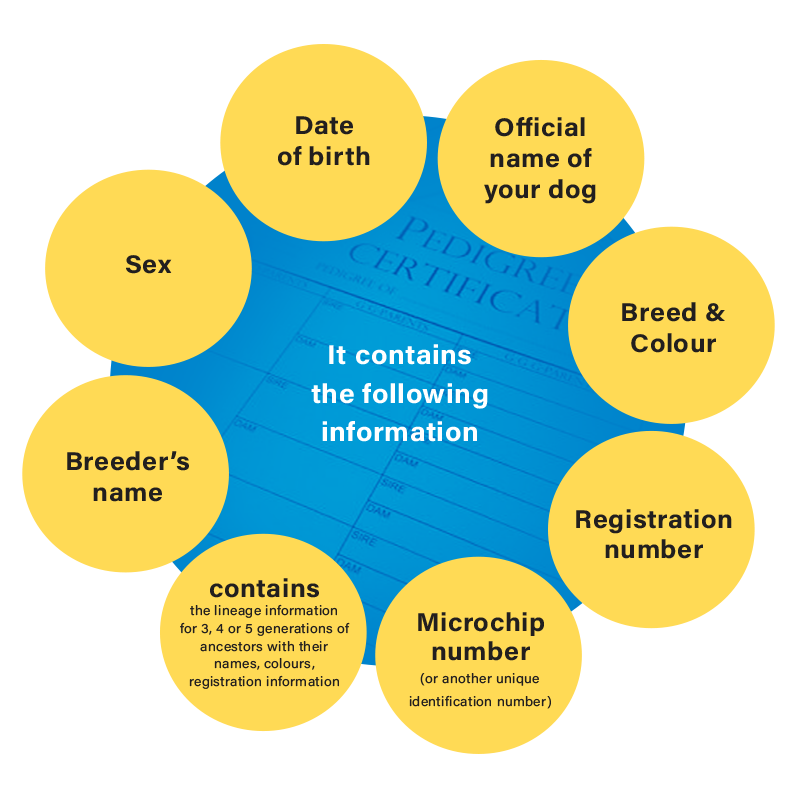
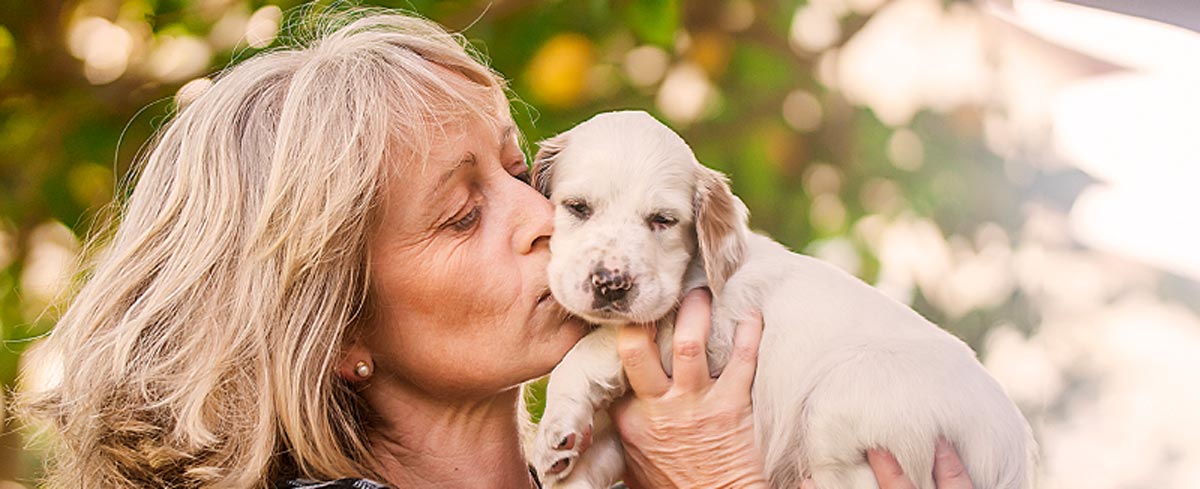
All pedigree certificates have the official stamp of the issuing national canine organisation. If it is a member or a contract partner of the FCI, the pedigree also contains the FCI logo. The FCI has only one recognised Pedigree dog registry (officially named studbook) per country.
The pedigree certificate may also show further information, such as health test or DNA test results, results of trials, dog show titles. It depends on the administrative regulations of the national canine organisation or the breed club as to the detail shown on the certificate. All the titles and awards a dog earns at recognised events also becomes part of its pedigree certificate for example when a dog wins a championship title, it will have it permanently noted in its pedigree. Any buyer of an offspring of a champion dog will know it by looking at the pedigree. A close look at the ancestor’s names on the pedigree for the abbreviation “CH” indicates how many champions have made up the genetics of this dog. With dog breeding, it can also give some assurance that the future offspring of the dog, if mated well, will carry on those desirable traits. Other championships related to dog sports and trials like Field and Obedience also have their abbreviation and are noted on the pedigree.
The pedigree certificate is not a health certificate! It is a record and proof of lineage and the dog’s identity, not a record of health. A vaccination certificate is the official proof of your dog’s vaccinations. A pedigree certificate on its own is also not a guarantee of quality. The simple rule of thumb is that all exceptional dogs are registered, but not all registered dogs are exceptional. “Quality” is subjective and dependent on so many factors. That’s why it’s important to buy from a responsible breeder affiliated to a national canine organisation.
But a word of caution – some puppy farmers also register their puppies for pedigree certificates. Please do your own evaluation, based on the tips given here to help you identify a Responsible Breeder.
When buying a purebred puppy, never pay extra for a Pedigree Certificate. Registered pedigree puppies always must come with the Pedigree Certificate as proof of being purebred. Asking extra money if you want a pedigree is a trick of unethical puppy dealers.


